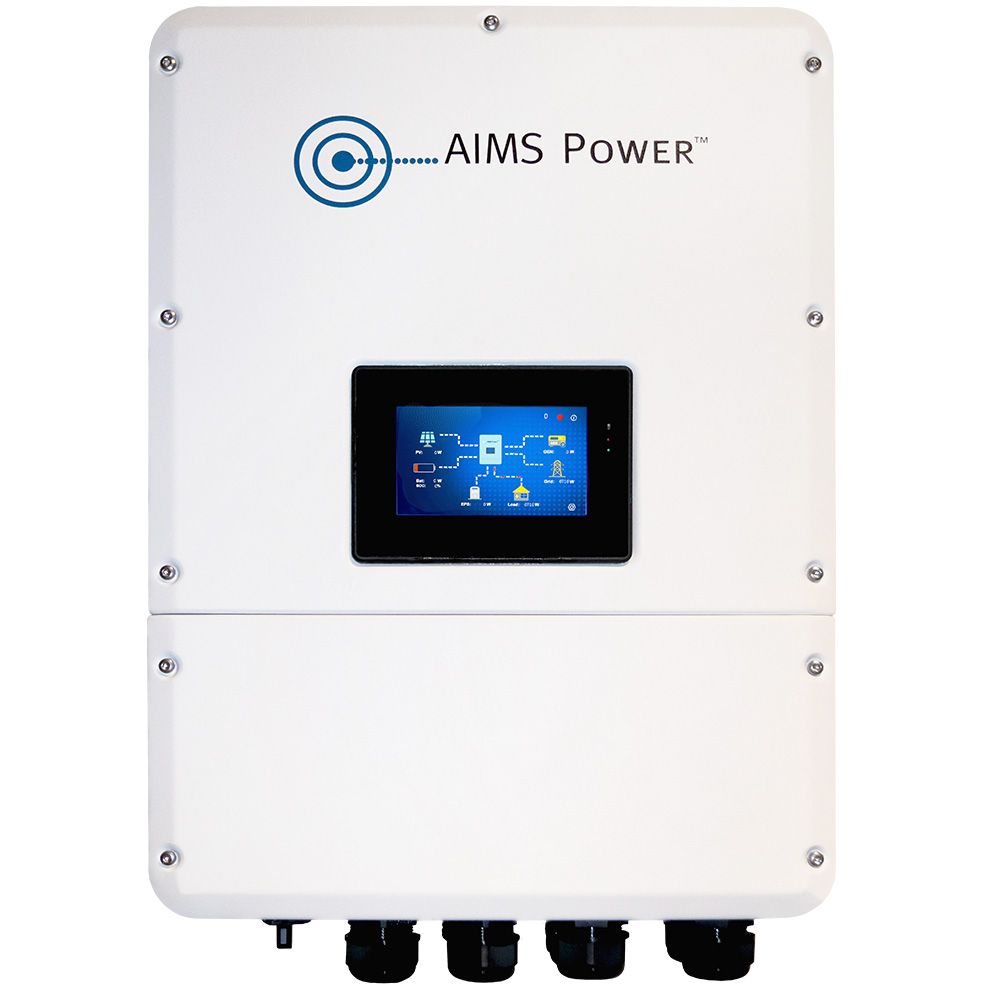I have both and its kinda handy.
The 48v powers my tp6048 which of course runs everything inside the house but the 12v system runs my workshop itself via a 12v inverter and powers my surveillance cameras, pi computers running solar assistant, several victron 12v battery chargers and a bunch more stuff.
Its nice that I can keep the pi's running even when I'm working on the 48v system too.
Now if I was starting from scratch it would be pure 48v but since I had a ton of 12v stuff from my old house it was a no brainer to use it like this.
The 48v powers my tp6048 which of course runs everything inside the house but the 12v system runs my workshop itself via a 12v inverter and powers my surveillance cameras, pi computers running solar assistant, several victron 12v battery chargers and a bunch more stuff.
Its nice that I can keep the pi's running even when I'm working on the 48v system too.
Now if I was starting from scratch it would be pure 48v but since I had a ton of 12v stuff from my old house it was a no brainer to use it like this.




